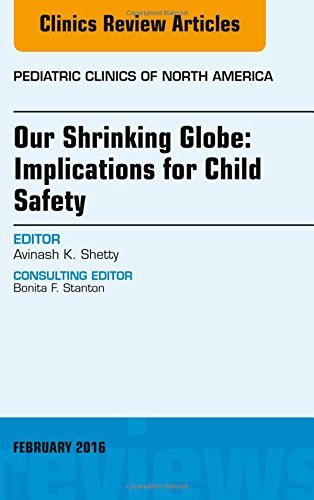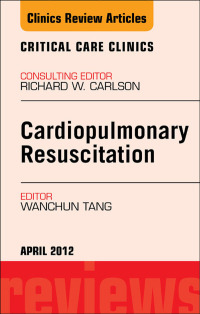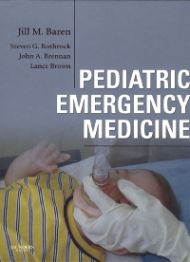by Avinash Shetty MD FAAP FIDSA (Author)
Besides discovery of life-saving interventions (e.g. development of new and improved vaccines) for maternal and child health, we also need to do a better job at bridging the knowledge-implementation gap and increase the effectiveness of proven interventions. For example, despite the availability of effective vaccines to prevent pneumococcal pneumonia, rotavirus gastroenteritis, and human papilloma virus-related diseases (e.g. cervical cancer), use of these vaccines remain suboptimal in LMIC.
We need to recognize that global health is also local public health. For example, improving access, equity and quality of care for orphans and vulnerable children, immigrant and newly arrived refugee children in the U.S. remains a challenge. Timely access to psychiatric care for children and adolescents with mental illness is a major concern. The explosion of new age technology (such as the internet) also poses a considerable risk to children and adolescents. Pediatricians also need to be aware of diverse socio-cultural determinants of health and ethical issues in global health service and delivery.
This issue of Pediatric Clinics of North America aims to address the above crucial global health challenges affecting children and adolescents. As practicing pediatricians, we have the unique opportunity to influence local and global public health. In the post-MDG era (beyond 2015), collaborative partnerships between various disciplines and across research, education and service is vital to reduce health inequities in children worldwide.
Product Details
- Series: The Clinics: Internal Medicine
- Hardcover
- Publisher: Elsevier (December 21, 2015)
- Language: English
- ISBN-10: 0323417086
- ISBN-13: 978-0323417082










Reviews
There are no reviews yet.